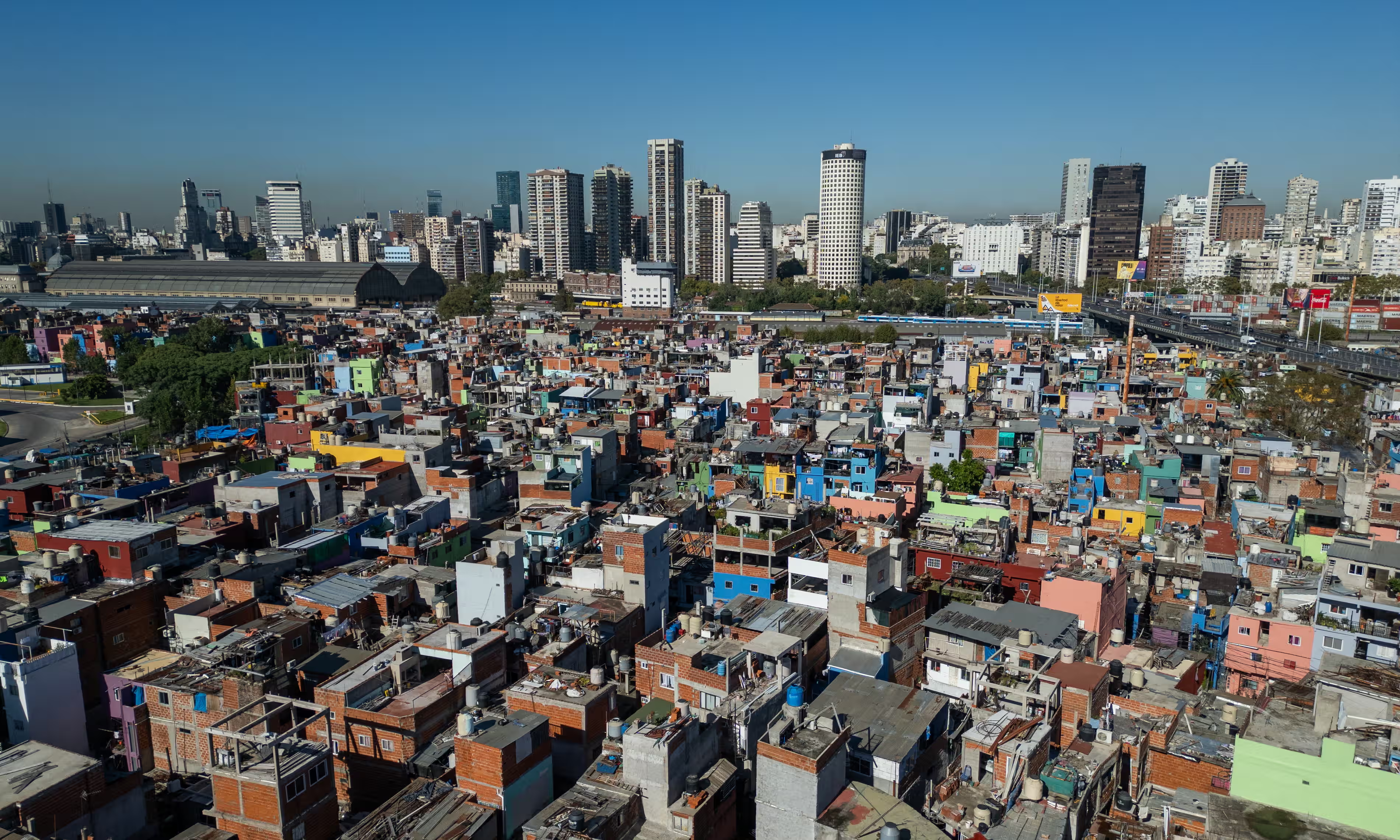Rising temperatures, dense urban populations and increasing poverty have contributed to more than a quarter of a million cases, and campaigners don’t think the government is doing enough about it
by Sylvia Colombo in Buenos Aires
Supported by

About this contentFri 12 Apr 2024 14.00 BSTShare
On a particularly warm autumn afternoon in Buenos Aires, Michelly Natalí Barreto Sánchez, 22, began to feel unwell. As she served customers at La Boca, the bar she had opened in Villa 31, one of the capital’s largest slums, she suddenly started to experience severe headaches and dizziness.
She told her customers, who are among the 70,000 people who live in this densely populated area close to the city centre, that she would have to close the bar, and she headed home.
“It was a matter of hours before I felt pains all over my body,” she says. “My bones hurt. I tried to eat, and everything came back up, and in the following days, I couldn’t even swallow water. I vomited the medication I took and had to hold on to the walls to walk.”
Dengue in Argentina broke a record this year. In the first eight weeks of 2024, authorities reported 57,461 confirmed cases and 47 deaths, a 2,153% increase compared with the same period last year. Recent data from the health ministry indicates a new record was reached in March when cases rose to 233,000 and deaths to 161.
I waited 11 hours to be seen in a waiting room where people screamed in pain from their bones
Michelly Natalí Barreto Sánchez
The spike in cases occurred in the same year Argentina registered record temperatures, providing the conditions for the Aedes aegypti mosquito to thrive. An as-yet-unpublished report from the National Scientific and Technical Research Council (Conicet) associated with the University of Buenos Aires, two leading Argentine institutions, paints a picture of the current state of the epidemic in the country.

